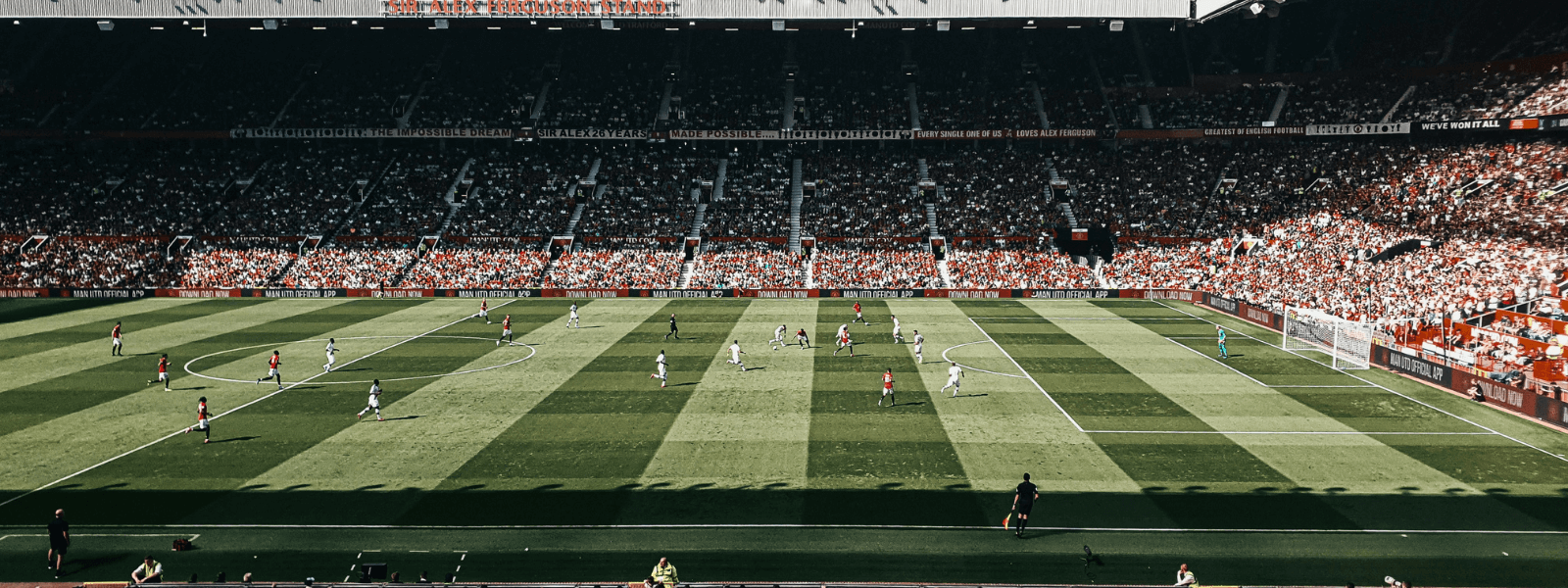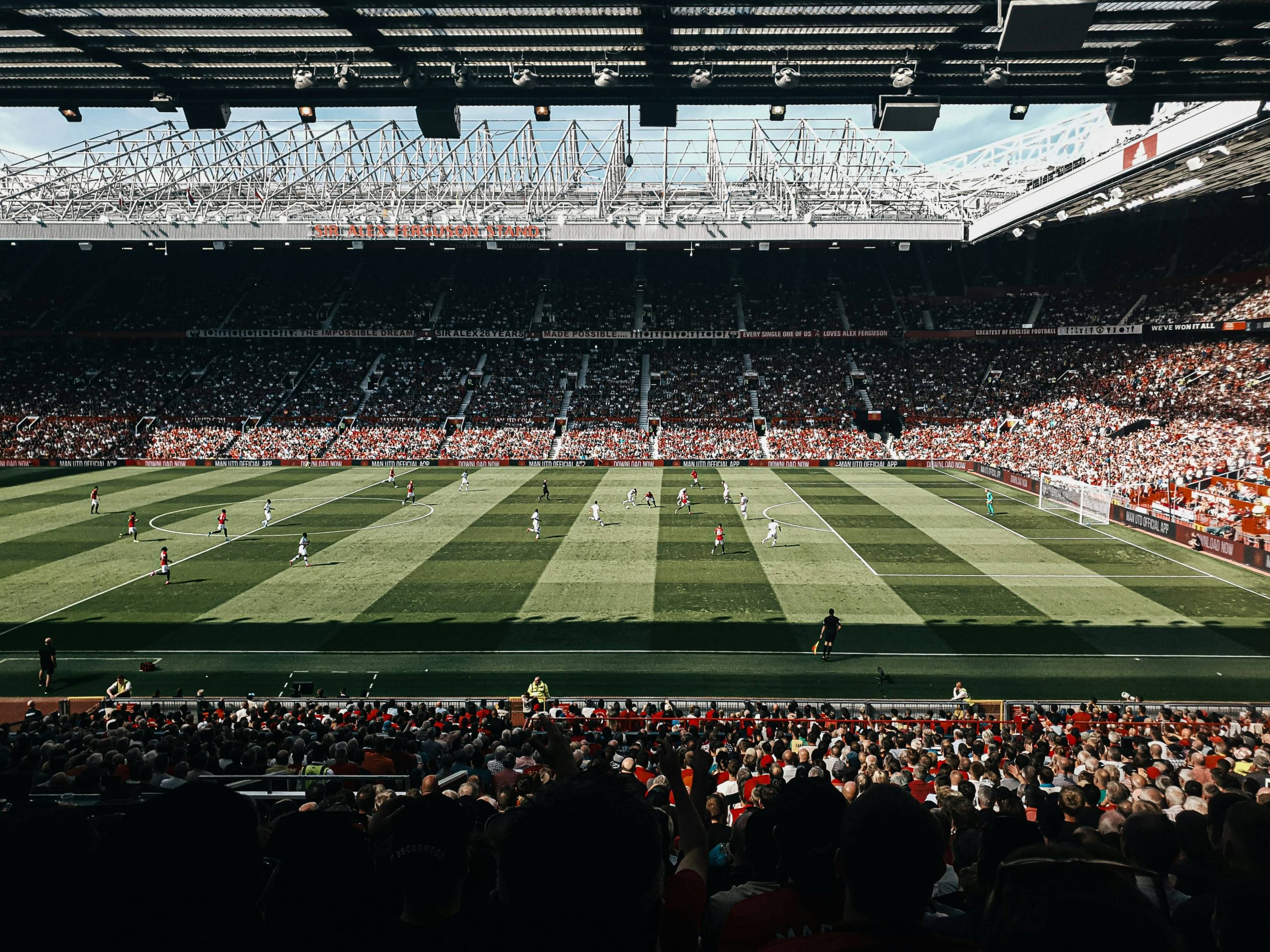
European Football Championship 1996
As the theme song for this European Championship said, football came home in 1996. It was an opportunity for England to host the best European teams for the first time, and their fans were secretly hoping their team could win the trophy on home soil. This hope was bolstered by the fact that the England team was very strong at the time and came close to winning the trophy.
Qualifications
The qualifications for this European Championship were held in a new format. The tournament format changed to include sixteen teams. Forty-seven countries participated in the qualifications, with the increased number of countries due to the breakup of several states (Soviet Union, Yugoslavia) and the creation of new ones. All teams were divided into eight groups – seven groups of six teams each and one group of five teams. The group winners and the six best second-placed teams qualified for the European Championship. The two remaining second-placed teams went to the playoffs, with the winner securing a spot in the final tournament.
In Group 1, Romania finished first, with France in second place, both securing a spot in England. The top two teams from Group 2, Denmark and Spain, also advanced. In Group 3, Switzerland finished first, followed by Turkey, both earning the right to play in England. Group 4 saw Croatia and Italy advance. The Czech Republic topped Group 5, with the Netherlands going to the playoffs as the second-placed team. The Republic of Ireland from Group 6 also made it to the playoffs, while Portugal secured direct qualification from this group. Germany and Bulgaria advanced from Group 7, as did Russia and Scotland from Group 8. The Netherlands won the playoff match against the Republic of Ireland on neutral ground to qualify for the European Championship.
Host Country
The European Championship was held in England, spanning eight cities: Newcastle, Nottingham, Sheffield, Leeds, Birmingham, Liverpool, Manchester, and London, where the final match was played at the famous Wembley Stadium.
Participating Teams
England secured direct qualification as the host, while the other participating teams were Denmark, Germany, Spain, Bulgaria, Croatia, the Czech Republic, France, Italy, the Netherlands, Portugal, Romania, Russia, Scotland, Switzerland, and Turkey. Denmark was defending the title it won four years earlier in Sweden.
Group Stage
In the group stage, the teams were divided into four groups of four teams each. The top two teams from each group advanced to the quarterfinals. Group A included the host nation, England, as well as the Netherlands, Scotland, and Switzerland. England finished first in the group, while the Netherlands, with the same number of points as Scotland, advanced due to a higher number of goals scored. Group B featured France, Spain, Bulgaria, and Romania. France finished first, with Spain in second place. Group C included Germany, the Czech Republic, Italy, and Russia. Germany topped the group, while the Czech Republic advanced to the quarterfinals due to a higher number of goals scored, despite having the same points as Italy. Group D featured Portugal, Croatia, Denmark, and Turkey. Portugal finished first, and Croatia second, both advancing to the top eight.

Old Trafford in Manchester, one of the stadiums where the matches were played. Photo: unsplash.com.
Knockout Stage
The quarterfinal matchups were France vs. the Netherlands, the Czech Republic vs. Portugal, Germany vs. Croatia, and Spain vs. England. In the first match, England defeated Spain after a penalty shootout, with the regular time ending 0-0. France also won via penalties against the Netherlands in the second match to advance to the semifinals. Germany beat Croatia 2-1, while the Czech Republic continued their excellent performance in England by defeating Portugal 1-0.
The semifinals brought interesting duels, both decided by penalty shootouts. France and the Czech Republic played 0-0 after 90 and 120 minutes, leading to penalties. The Czech Republic won after six rounds, advancing to the final. In the other semifinal, England faced Germany. England took the lead with a goal by Shearer in the third minute, but the Germans quickly equalized with a goal by Kuntz in the 16th minute. The score remained unchanged until the end of regular time and after an additional 30 minutes of play. Both teams were accurate in the first five rounds in the penalty shootout. In the sixth round, Gareth Southgate missed for England, while Möller scored, ending England’s hopes of winning the continental title.
Final
The final was played between Germany and the tournament’s biggest surprise, the Czech Republic, in front of over seventy thousand people at Wembley. The Czechs took the lead with a penalty goal by Berger in the 59th minute, but Oliver Bierhoff equalized in the 73rd minute. The match went into extra time, where the “golden goal” rule was in effect, meaning the game would end as soon as a goal was scored. Oliver Bierhoff scored that goal in the 95th minute, securing the trophy for Germany, while the Czech Republic had to settle for second place.

Wembley Stadium in London, the venue of the final match. Photo: pixabay.com
Statistics
The top scorer of this Championship was Alan Shearer, who scored five goals, and the best player in the tournament was Matthias Sammer from Germany.
Legacy and Impact
From this Championship onwards, UEFA introduced an award for the best player in the tournament, awarded at every subsequent competition.
Interesting Facts
The European Championship in England will be remembered not only for the excellent football and England’s unfortunate exit in the semifinals but also for featuring sixteen teams in the final tournament, a change from the previous competition format.



